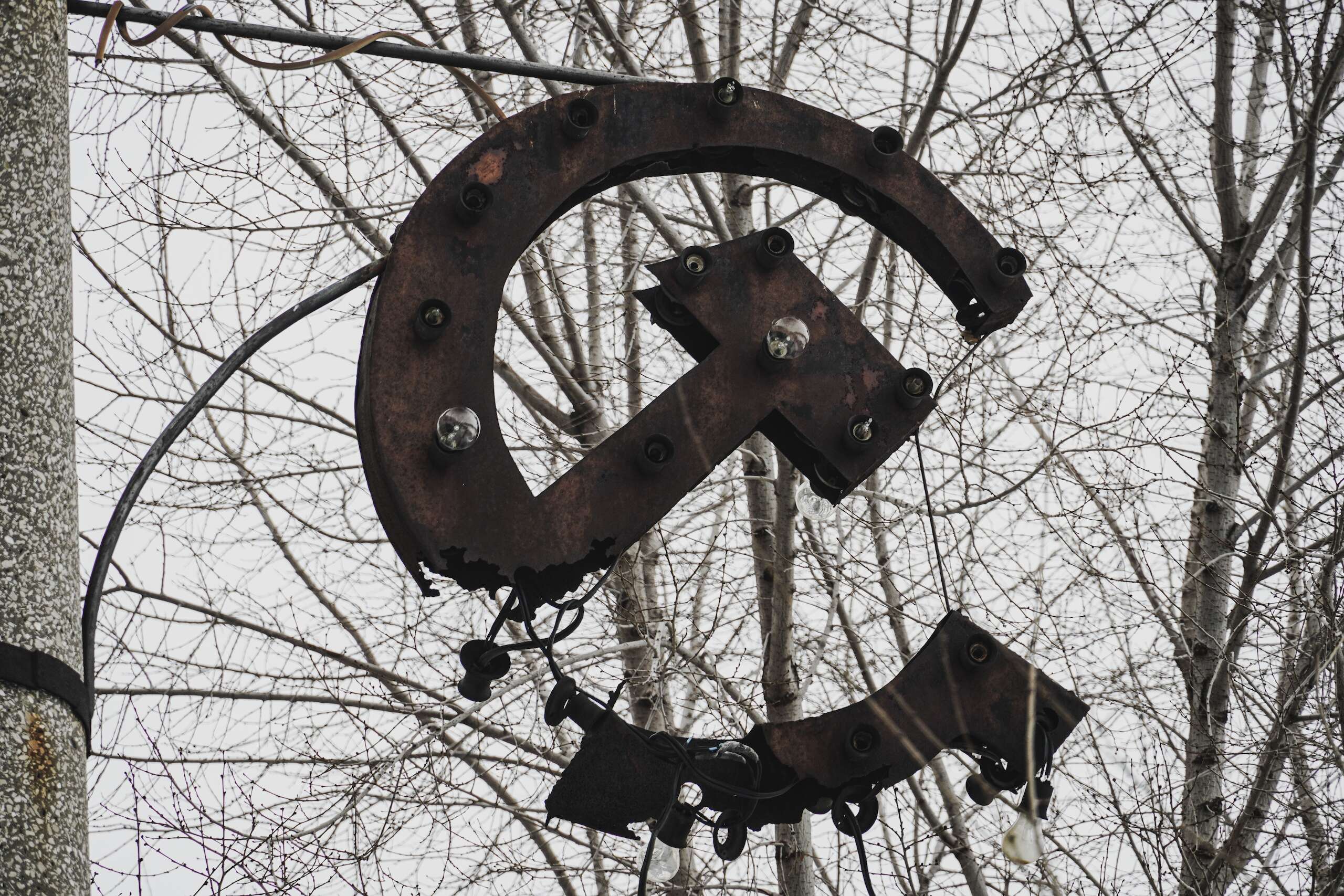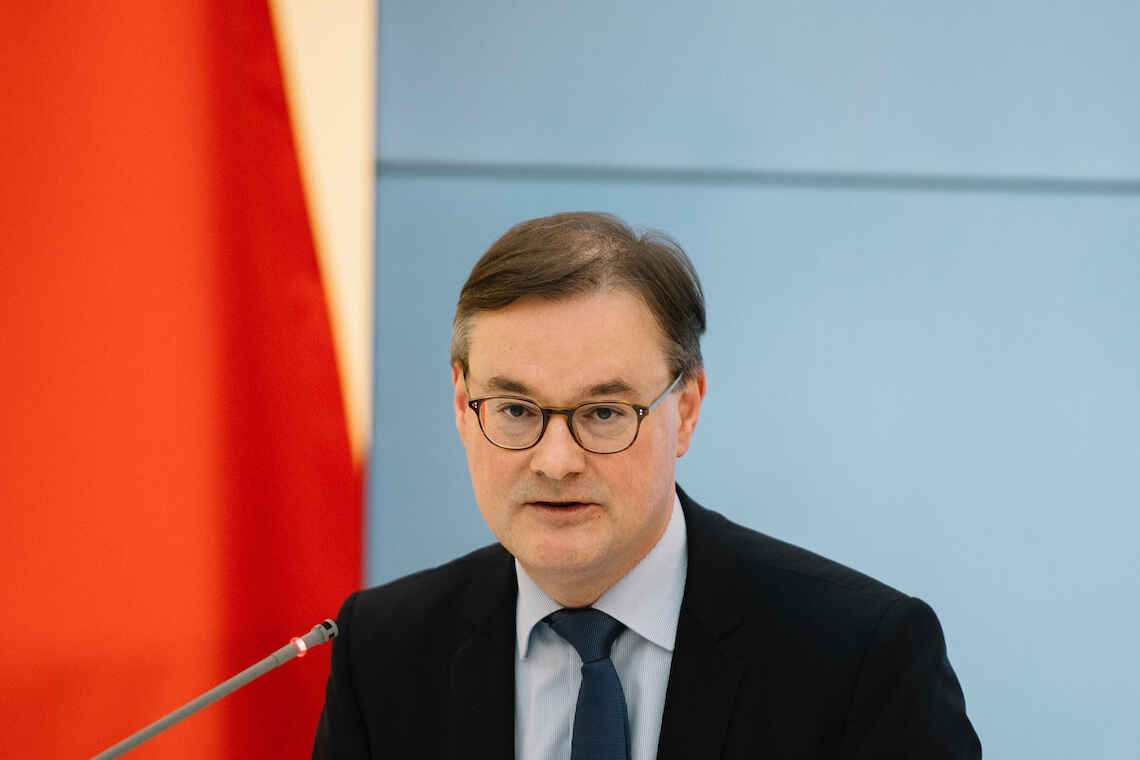
Foto: unsplash/Pavel Neznanov
Applying History: Analogy, Politics of the Past and Deconstruction
Little is known about the world that will arise from the Russian war against Ukraine in the long run. But everything in the perception of this war as a turning point is linked to history.
By Jörn Leonhard, University of Freiburg
War has returned to Europe these days, as immediate as it is horrific, in shocking images and stories that only a short time ago we would have interpreted as part of a past long thought to have been overcome. Russia’s criminal war of aggression against Ukraine, an independent state with a claim to respect for its sovereignty and territorial integrity, reminds us of the fragility of a peace order that had emerged in Europe since the end of the Cold War after 1989/91. Many people understood and still understand European integration as a major peace building project after the experience of two world wars.
At this moment of war, we still know little about the dynamics and potentials of violence and even less about the world that will arise from this war in the long term. But most of what we already understand in outline as the emergence of a turning point is indirectly or directly related to history. This is exemplary for our understanding of history, for the question of how we deal with it, what we expect from it, how we apply it. Therefore, it also helps to better assess the possibilities and limits of “applied history”. Against this background, we experience history at different levels.
The power of analogies and narratives
Firstly, and not only since 24 February 2022, we experience the recourse to history as a reservoir of comparisons and analogies. In order to make the incomprehensible comprehensible, reference is made to a new “1914” or “1938”, a new “Munich” or the return to a new “Cold War” is diagnosed, not to mention the historical analogies to “Blitzkrieg” and “Nazism”. We read a lot about the “return of empire”, but the limits of this comparison cannot be assessed without taking a look at the history of empires since the 19th century.
Secondly, we are experiencing the suggestive and almost murderous effect of instrumentalised history, especially in the politics of history in Russia, which for years has had increasingly clear imperial connotations, a bipolar narrative of Russian Orthodox civilisation and imperialism on the one hand and a decadent West incapable of defending its values on the other. This narrative is full of falsifications of history, but it is still suggestive. The war that has now broken out is a dramatic reminder of the power of images and narratives, because they can create their own reality guiding action. Those who know nothing about empires and their history are left virtually defenceless against these narratives.
Repetitive structures in historical processes
Thirdly, it is important to recall the culture of remembrance that has emerged over many years and decades, especially in Eastern, Central Eastern and Southeastern Europe, which has made clear to many people throughout Europe the different time layers of experiences of victims and violence in the 19th and 20th centuries – a feature of remembrance that is now being challenged anew in view of the war in Ukraine.
And fourthly, these days the function of an internationally cooperative historical science becomes clear, to critically examine comparisons and analogies and to deconstruct historical instrumentalisation. Above all, this perspective may help to place the accelerated events of the present in more longerterm contexts and thus to understand them better – not as a simple learning from history as there are no historical blueprints for action in the present. There may be no repetitions in the historical process, but there is something like repetitive structures, and they allow us to recognise more in the present, to take a more sober view and to reflect more critically. Against this background we may be able to better understand the premises of “applied history”.
This may be exemplified by taking a look at the problems of a common European security policy against the backdrop of different historical experiences with sovereignty. What kind of world will emerge from this crisis in the long term will only be revealed from an expost perspective. However, we do know something about the certainties we thought we could rely on just a moment ago and that are now dissolving under the sign of unleashed violence.
Dissimilar conceptions of sovereignty
These include the shaken confidence in the positive order model of European integration, the European Union as a “benevolent empire”, focused on the pacification of Europe through expanding integration. This was successful in three phases: after 1945 for West Germany, in the 1970s for the former dictatorships in Spain, Portugal and Greece, and finally after 1989/91 for large parts of Eastern, Central Eastern and Southeastern Europe. This pacification failed in the Middle East, in North Africa and finally in Ukraine. If the question of Europe’s security policy autonomy in a multipolar world between the USA, Russia and China is now being posed anew, then historically dissimilar conceptions of sovereignty become clear within Europe.
Germany’s experience with federal nation- and statebuilding and with “semisovereign” statehood after 1945 was different from the selfperception of French political elites, who saw foreign and security policy as the selfevident expression of an unbroken tradition of nationstate sovereignty. With regard to Eastern and Central Eastern Europe, the history of the last 200 years in turn gives rise to quite different layers of time: experiences of multiethnicity as part of and in the neighbourhood of competing empires in the 19th century and a dramatic alternation of statehood won, violent repression, new sovereignty and European integration between 1917/18, 1939/41, 1945 and the phase since 1989/91.
To “apply history” here means to go beyond the daytoday political or narrower contemporary historical context in the struggles over security and sovereignty, and to understand different historical experiences condensed into styles of thought, images, argumentations and vocabularies.

About Jörn Leonhard
Jörn Leonhard is Professor and Chair for Western European History at the Albert Ludwig University in Freiburg. He was one of the founding directors of the Freiburg Institute for Advanced Studies ( FRIAS ) from 2007 to 2012. Jörn Leonhard’s research fields focus on modern European history in a comparative perspective, the history of liberalism and nationalism, research on multi-ethnic empires, and the history of war and peace. Among his most recent books are “Der überforderte Frieden. Versailles und die Welt 1918–1923” (Overburdened peace. Versailles and the world 1918–1923, 2018) and “Große Erwartungen. 1919 und die Neuordnung der Welt” (Great expectations. 1919 and the new order of the world, in print for 2022).